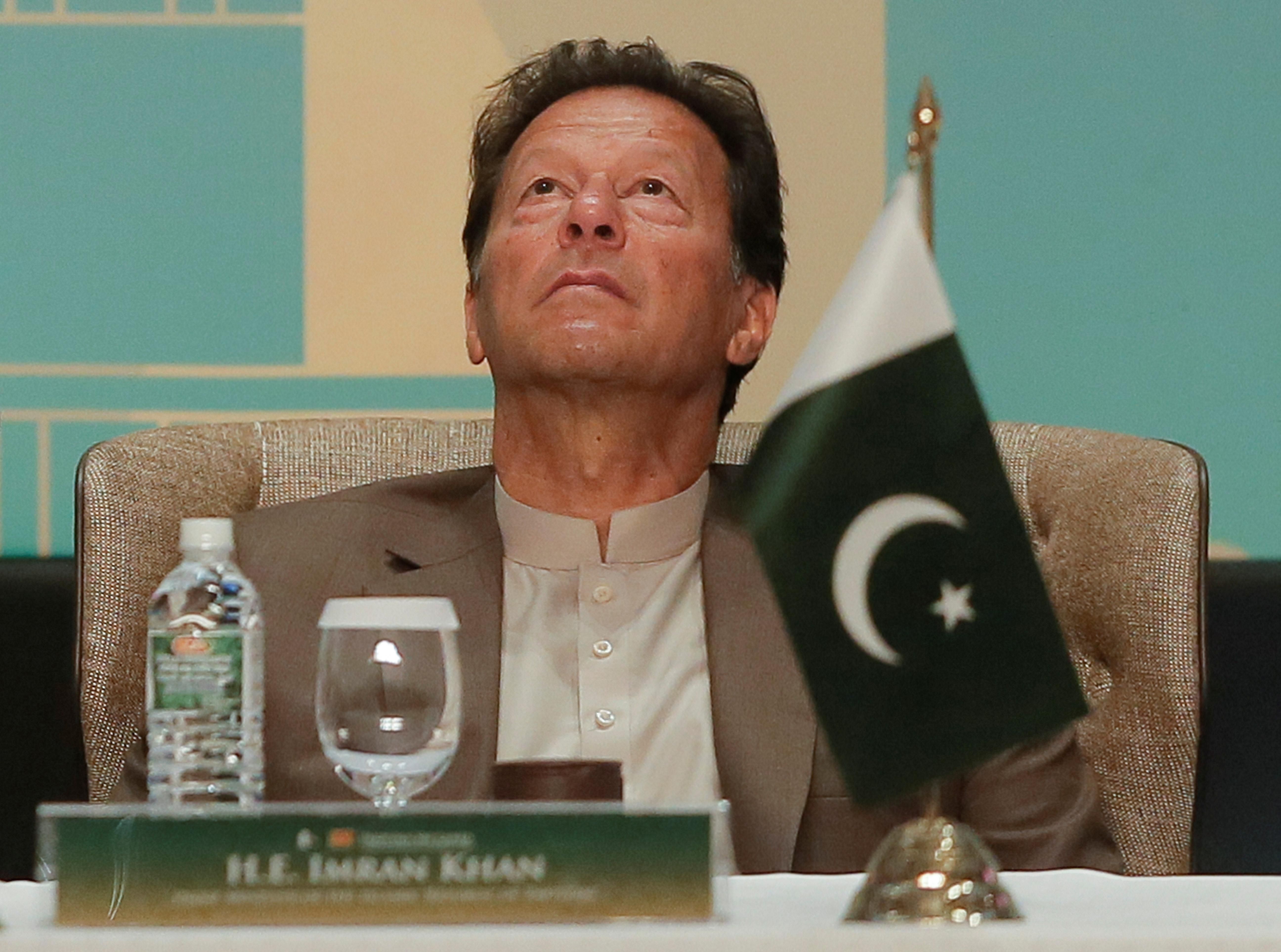News
March 04, 2021
A body blow for Pakistan's Prime Minister: Imran Khan suffered an embarrassing defeat this week when members of the National Assembly, the country's lower house, voted to give the opposition bloc a majority in the Senate. (In Pakistan, lower house legislators and provincial assemblies elect senators in a secret ballot.) The big drama of it all is that Khan's own Pakistan Tehreek-e-Insaf (PTI) party holds a lower house majority, which means that lawmakers supposedly loyal to his party voted in secret for opposition candidates. Khan's allies claim that PTI members were bribed to support the opposition, and the prime minister says he will ask for a lower house vote of confidence in his leadership. That vote will not be secret, but even if he survives, the political damage is done. Without a Senate majority, he has no chance of passing key reform plans, including constitutional amendments meant to centralize financial and administrative control in the federal government. Khan has, however, refused to resign.
Will China follow through on its climate pledges? On Friday, China is set to unveil its next five-year plan for economic growth. Analysts are keenly awaiting the targets for several reasons, but one of them is that it's China's first big economic roadmap since President Xi Jinping surprisingly announced that the country would reach net zero emissions by 2060. As a result, many are eager to see precisely how China — which has pegged its massive economic expansion in recent years to investment in coal-dependent technologies — plans to balance economic growth with emissions reduction. Skeptics abound, and China's pandemic recovery hasn't inspired confidence: after a surge in carbon output in the second half of last year, Beijing actually finished 2020 with a bigger carbon footprint than in 2019.
Colombia kills former FARC holdouts: The Colombian government killed at least 10 fighters at a jungle base used by dissident members of the former FARC guerrilla movement. While the FARC gave up its weapons and joined legitimate politics as part of a historic peace deal in 2016, there are still hundreds of dissident former members who rejected the agreement and remain under arms. Last week, the government launched a special 7,000-member elite military force to tackle the triple problem of former-FARC holdouts, drug cartels, and right-wing paramilitaries who are all scrambling for control over territory vacated by the FARC when it disbanded its military wing.
Thai sailor swims stray cats to safety: Thailand's navy has rescued four cats that were abandoned on a burning ship in the Andaman Sea. Click here for dramatic rescue photos and video of the lucky cats drinking milk.
More For You
- YouTube
Are we still talking. #PUPPETREGIME
Most Popular
Think you know what's going on around the world? Here's your chance to prove it.
As expected, the Supreme Court struck down the bulk of Donald Trump's sweeping “Liberation Day” tariffs as illegal … and almost nothing changed.
© 2025 GZERO Media. All Rights Reserved | A Eurasia Group media company.
